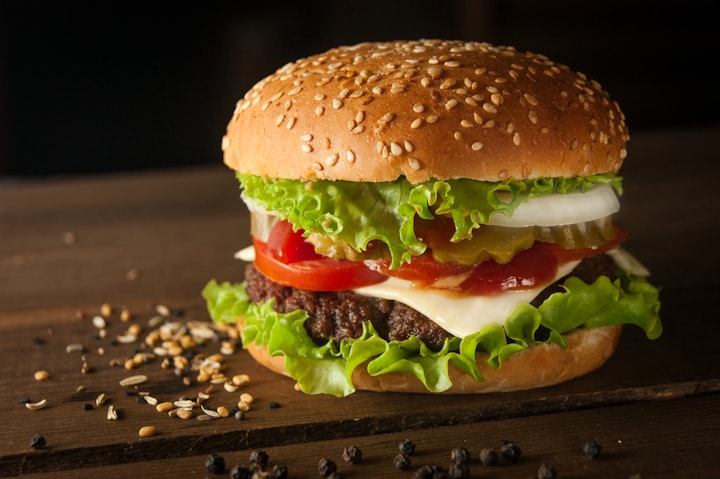How the food you consume changes your brain
Foodie Chronicles

What would your brain look like if you took all the moisture out of it and analyzed the nutritional makeup of it? Your dehydrated brain would mostly be made up of lipids, generally known as fats. You would discover proteins, amino acids, traces of micronutrients, and glucose in the brain tissue that is still present. Of course, the brain is more than the sum of its dietary components, but each one does affect functioning, development, mood, and energy in a unique way. Your post-launch boredom or late-night alertness may just be the result of what you ate, and omegas three and six are the brain's superstar omega fats. Our diets must contain these critical fatty acids, which have been related to preventing degenerative brain disorders.
Consuming foods high in omega-3 fatty acids, such as nuts, seeds, and fatty fish, is essential for the growth and maintenance of cell membranes. Despite the fact that trans and saturated fats are bad for your brain, long-term ingestion of omegas is excellent for it. The building blocks and nutrients of growth and development, proteins and amino acids, however, control how we behave and how we feel.
Amino acids contain the precursors to neurotransmitters, the chemical messengers that carry signals between neurons, affecting things like emotion, sleep, focus, and weight. They are among the factors that contribute to our feelings of calmness or increased alertness following a meal high in protein.
Food contains complex chemical mixtures that can promote the release of mood-altering norepinephrine, dopamine, and serotonin from brain cells. However, accessing your brain cells is challenging, and amino acids must contend for a small amount of access. Like the other organs in our body, our brains also benefit from a regular supply of micronutrients.
Eating a variety of food helps maintain a balanced combination of brain messengers and prevents your mood from becoming skewed in one direction or the other. Fruits and vegetables include antioxidants, which support the brain's ability to fight off free radicals and preserve brain cells for a longer amount of time.
Our brains would be vulnerable to brain disease and mental decline without potent micronutrients like the vitamins b6, b12, and folic acid. The health of the brain and the early stages of cognitive development also depend on trace levels of the minerals iron, copper, zinc, and salt. The brain requires a lot of fuel in order to effectively process and manufacture these important nutrients. Even while the average human brain only accounts for 2% of our body weight, it can consume up to 20% of our energy. The majority of this energy is derived from carbs, which our body breaks down into blood sugar or glucose. The frontal lobes are extremely sensitive to glucose fluctuations.
In fact, one of the main indicators of vitamin shortage is a change in brain function. How does specific type of carbs we eat impact our brains, assuming we are obtaining glucose on a regular basis? There are three types of carbs: starch, sugar, and fiber. While they are typically combined into a single total carb amount on nutrition labels.
The body and brain react differently depending on the proportion of the subgroups of sugar and fiber to the total amount. White bread, which has a high glycemic index, promotes a quick release of glucose into the blood, followed by a dip. Blood sugar decreases affecting both our mood and attention span. Oats, cereals, and legumes, on the other hand, have slower glucose release, allowing for a constant level of alertness. When it comes to what you bite, chew, and swallow, choosing a diversified diet of nutrient-rich meals is essential for maintaining brain capacity. Your most powerful organ is directly and permanently impacted by your decisions.
About the Creator
Demie Beach
Hi there,
I teach. I am a voracious reader and writer with over 8+ years of experience. I majored in Psychology and Management in college and I love to travel to new exciting places that will inspire me to write even better content.
Cheers!






Comments
There are no comments for this story
Be the first to respond and start the conversation.